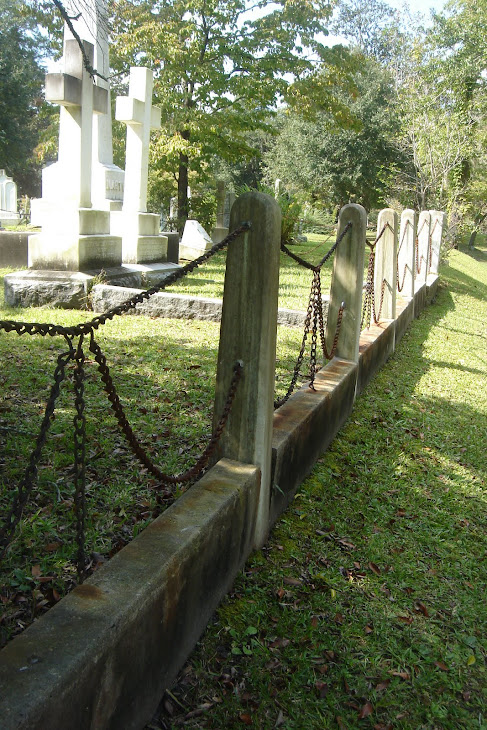Born November 1, 1891, in Wilmington, North Carolina. Son of Leopold and Johanna Bluethenthal. Educated Phillips Academy, Exeter, and Princeton University, Class of 1913. Business, Tobacco Products Corporation, New York. Joined American Field Service, May 6, 1916; attached Section Three, France and Balkans, until May 11, 1917. Croix de Guerre for conspicuous bravery around Verdun. Enlisted French Aviation, June 7, 1917. Trained Avord and Pau. Breveted September 22, 1917. Leave in America. Attached observation groupe,Sergent. Killed in combat over the lines, near Maignelay, June 5, 1918, region of Amiens. Croix de Guerre with palm. Buried Esquennoy, Oise, north of Breteuil. Body transferred to Wilmington, North Carolina. Escadrille Bréguet 227, March 17, 1918,WHEN Arthur Bluethenthal joined the Field Service in May, 1916, he could not sign up for the full six months because he had a contract to coach the Princeton football team that fall. So it was arranged with the French authorities to reduce slightly in his case the period of enlistment. But, when the time came for him to return to America, it was his own deliberate choice to obtain a release from his engagements at home and to continue the career which was to lead, from honor to honor and without one regret or looking back, to his death, two years later, in aerial combat above the German lines.
In the fall of 1916 the Field Service was expanding rapidly and "Bluie," as we called him, had come to the fore as a leader. He was the sort of man to whom others instinctively looked for guidance and the sort of man who radiated a spirit of ready and cheerful co-operation, qualities which were of great value, when every liner brought scores of new and undisciplined recruits from America and when the Service was extending its work to Northern Greece and Albania.
"My life does not belong to me now," he wrote on one occasion to a friend in America. "It belongs to France, to the Allies, to the cause to which I have pledged it. And, if I should never come back, I do not want you to feel badly. I am glad I have had a chance to live in times like these and to do my bit for the future of the world. . . . . At home it was a holiday all the time. Here it is the stern facts of life and death. And it is hard to explain the way we feel about it all, especially about France, we who have volunteered to fight for her."
When America entered the war, "Bluie" was serving with Section Three in the Balkans. Returning with his Section to France in May, 1917, he enlisted at once in the Foreign Legion, from which he was transferred to the Air Service. He received his preliminary training at Avord and later instruction at Pau.
After a four weeks' leave, which he spent with his parents in Wilmington, North Carolina, he joined an observation group at the front. In this work he at once made his mark. "You remember," wrote a friend, "Bluie's easy-going, complacent confidence in football days? Well, it is still a part of him when we fly over the German lines. He gets in his plane and goes up and does his work just as calmly as he sits down to breakfast. That sort of nerve helps us all, the old flyers as well as the new."
Towards the end of May, 1918, he was transferred from the French service to the American Naval Aviation. But he refused to leave his comrades while they were engaged in the desperate aerial fighting, which marked the second of the great German drives in 1918. This gallant act was recorded in official dispatches and endeared him to his comrades in a way that only an airman who has flown at the front through an attack can fully appreciate. It was a fateful decision for "Bluie," for his life ended in this battle. He was killed "while directing distant artillery fire" on June 5th and buried with all military honors by his comrades in the cemetery at Esquennoy, near Breteuil, in the Amiens sector."
He was cited posthumously in Army orders. A palm was also added to his Croix de Guerre. And, when news of his death reached Wilmington, where a host of friends had followed his career with increasing pride since first he went away to college, all business houses closed for an hour, all flags were flown at half mast, and a very impressive memorial service was held by the citizens in the Opera House.
"Let us pause a moment," read the proclamation of the mayor, "and do honor to one who has died for us, died in the full strength of young manhood, died in the conflict of battle, and dying has emphasized the creed of the soldier --- better a grave in France than citizenship in a dishonored country." http://www.ourstory.info/library/2-ww1/AFShist/Mem4.htm





